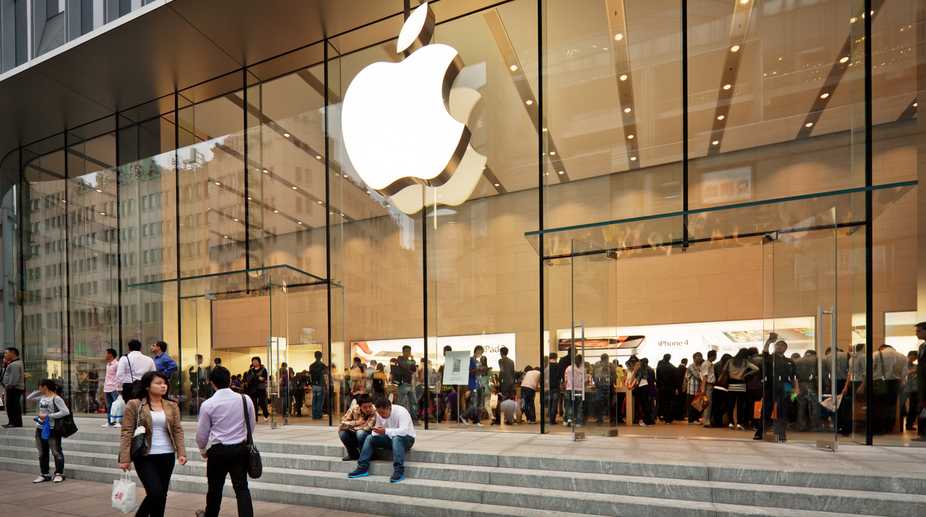Apple launches new app to bring people together for special moments
Smartphone maker Apple on Wednesday introduced Apple Invites, a new app for iPhone that will help users to create custom invitations to gather friends and family for any occasion.

(Getty Images)
Apple has stopped paying royalties to contract manufacturers for phone patents owned by Qualcomm over an "unresolved issue" — a move that will hit the US-chip maker's financial results.
Apple reportedly stopped paying royalties starting with devices sold during the March quarter, CNET reported on Friday.
Advertisement
Qualcomm is now forced to cut its expectations about how much revenue and earnings it will make in its third fiscal quarter that ends in June.
Advertisement
"While Apple has acknowledged that payment is owed for the use of Qualcomm's valuable intellectual property, it nevertheless continues to interfere with our contracts," Don Rosenberg, Executive Vice President and General Counsel of Qualcomm, was quoted as saying.
"Apple has now unilaterally declared the contract terms unacceptable; the same terms that have applied to iPhones and cellular-enabled iPads for a decade. Apple's continued interference with Qualcomm's agreements to which Apple is not a party is wrongful and the latest step in Apple's global attack on Qualcomm," Rosenberg added.
Qualcomm is one of the world's biggest provider of mobile chips and derives revenue majorly from licensing that technology to hundreds of handset manufacturers and others.
Meanwhile, Apple said that the company has been trying to reach a licensing agreement with Qualcomm for more than five years but they have refused to negotiate fair terms.
"Without an agreed-upon rate to determine how much is owed, we have suspended payments until the correct amount can be determined by the court," the company was quoted as saying.
"As we've said before, Qualcomm's demands are unreasonable and they have been charging higher rates based on our innovation, not their own," it added.
Earlier in April, the US chip manufacturer lambasted Apple for breaching deals between the two companies and urged that the lawsuit filed in January against them by the iPhone maker should be rejected.
Qualcomm also accused Apple of harming its business and sought unspecified damages.
Apple sued Qualcomm in January for nearly one billion dollars over royalties, with the Cupertino-based tech giant alleging the wireless chipmaker did not give fair licensing terms for its processor technology.
But Qualcomm refuted the allegations, saying that Apple had intentionally mischaracterised the agreements and negotiations, as well as the enormity and value of the technology they had invented, contributed and shared with all mobile device makers "through our licensing programme".
Advertisement